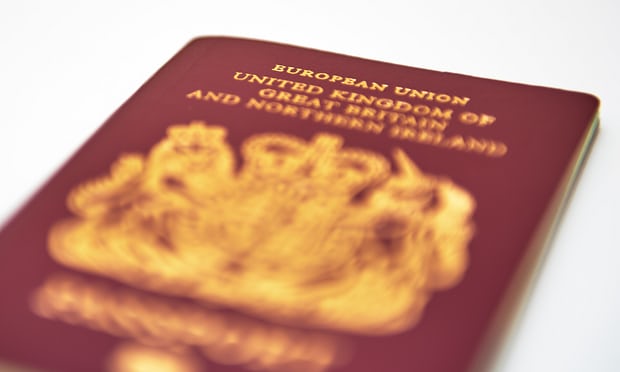Any new government campaign usually warrants a catchy new slogan, but this time an earlier one was recycled – “Check, Change, Go”. To translate that from government-speak, it’s fair to assume it’ll mean more checks before you go and handing over a lot more change for the privilege.
If you’re intending to travel to Europe for pleasure, the government website is recommending that you:
~Check your passport
~Get travel insurance that covers your healthcare
~Check you have the right driving documents
~Organise pet travel
~Ensuring you have six months left to travel on your passport is not new in many countries, and will make little difference in the grand scheme of things. More problematic will be other newly required travel documentation.
On arrival in an EU country, you will need to prove you have enough money to cover the cost of your visit. You will be asked to produce a return ticket to prove you intend not to outstay your welcome. It will only be possible to stay 90 days in any 180 day period – that’s 90 days in Europe in total, not 90 days in any one EU country. So, those with second homes in Europe will no longer be able to spend half the year in their favourite destination without forfeiting the opportunity of visits to other EU destinations the same year. This will also rule out the “swallows” who like to fly into Spain and France for the winter months. They will have to limit their winter visit to just 90 days, not the more usual four months.
Additional costs will also come in the form of health insurance and driving permits. The European Health Insurance Card (EHIC) is only valid until the end of this year. Over the course of the Brexit negotiations, there have been government assurances, not least from the ex-Brexit Secretary, David Davis, that the government was “looking to see if we can get a continuation of the EHIC scheme as it now exists”. There was even talk of the government providing a similar scheme “unilaterally”. This close to the Brexit negotiating deadline, the EHIC card is hardly likely to be a top government priority, so private medical insurance here we come. That’s fine and dandy if you’re relatively young, fit and healthy, but prohibitively expensive for older travellers with pre-existing medical conditions.
Driving will also present additional challenges for those travelling across the continent, particularly if you’re planning to visit more than one country. The current government advice on this is full of ambiguity – you “may” need extra documents, you “might” need an international driving permit, a green card or a GB sticker. Not to worry – “Check, Change, Go!”

Many European tourists who choose to go by car do so to facilitate travelling with pets. The new process will replace the EU pet passport scheme and applies to dogs, cats and, for some bizarre reason unknown to me, ferrets. The final details will not be known until Brexit negotiations are concluded, when we will discover which category of ‘third country’ the UK becomes. Suffice to say that the process will certainly include a rabies blood test, a vaccination and the insertion of a data chip, and will take several months. At least your pet’s journey will not include having to quarantine (though your journey still might)!
For those of us who are never far from our mobile phones, even on holiday, beware of the cost of mobile roaming charges. You are going to be spending your European holidays searching for free WiFi when our current EU arrangements for free mobile data come to an end. A new law will provide some protection from the risk of being charged more than £45 without your knowledge, but it’s easy to see how the coming changes are all adding pounds, and inconvenience, to your European travel experience.
And what about business travel to the EU? Well, your checklist will be even longer. Additional hurdles will include checking the following:
Will your professional qualifications be recognised if you are offering services?
Do you have the right documentation to take goods with you?
There used to be further blurb for business travellers on the government website, regarding a potential increase in social security payments, but the page “has been withdrawn because it’s out of date”. No rush, nothing to see here, plenty of time left – “Check, Change, Go”.
Travel to Europe has been drastically reduced in 2020 due to the pandemic and the measures put in place to prevent its spread. Whether it’s due to restrictions placed on the hospitality industry, the fear of crowds and infection, or the inconvenience of quarantine measures, 2020 has been the year of the UK staycation. While the British tourism industry may have benefited in some small way in some areas, countries like Spain and France have suffered considerably as a result.
It’s safe to assume that travel to Europe is about to become even more complicated, more time-consuming and more expensive. Like the British economy, European tourism is about to suffer the double whammy of Covid and Brexit damage.
Of course, not all Brits will suffer this fate. Those with the wherewithal to buy EU citizenship, or with access to a private jet and minions to do all the necessary paperwork for them, will barely notice.
Us mere mortals will have to “check” all the boxes, “change” a lot more pounds for euros, and perhaps “go” somewhere cheaper on holiday in future.
Sue Wilson, Chair Bremain in Spain






